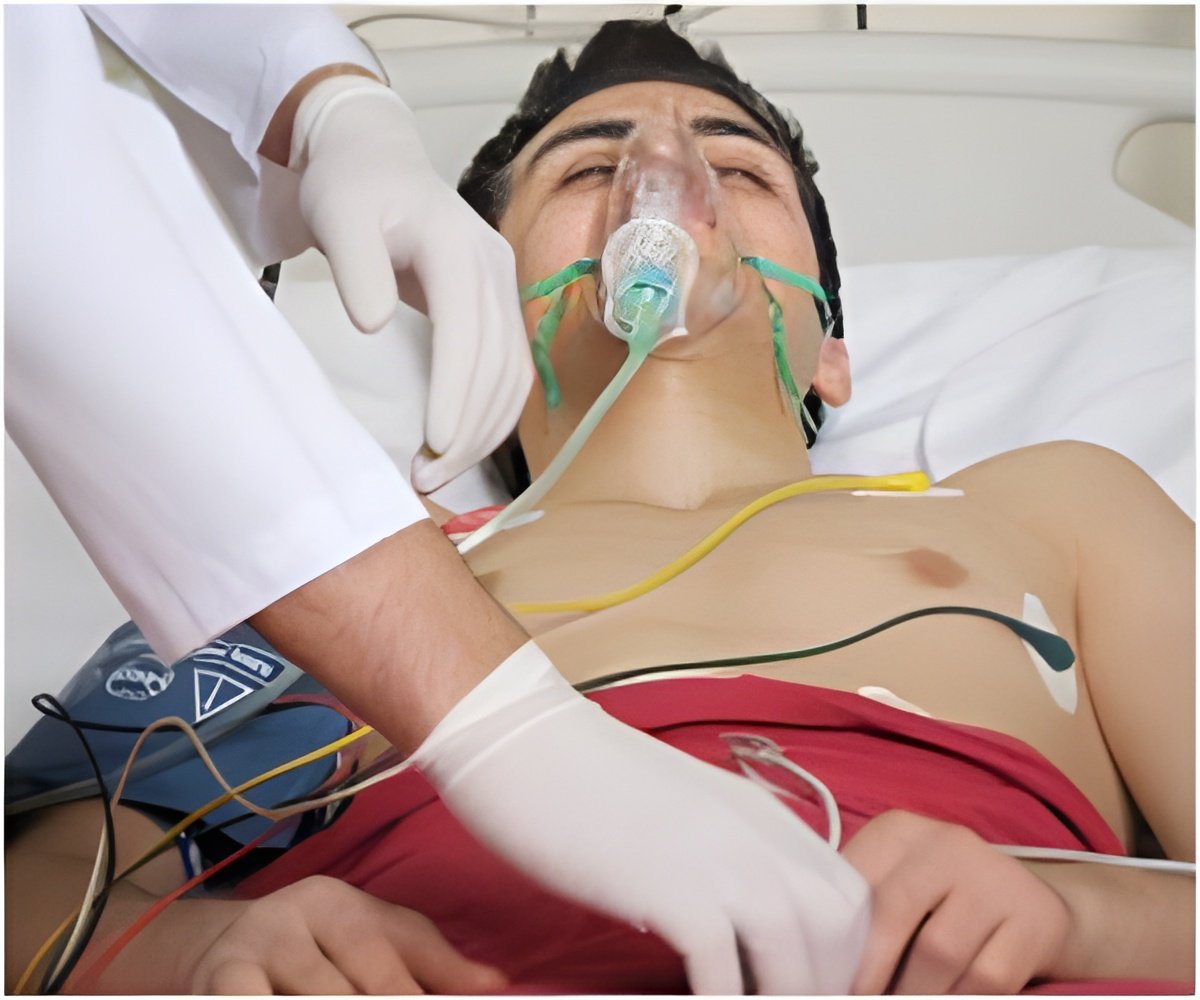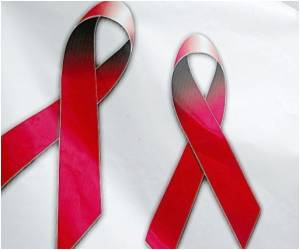In Singapore, scientists have found that asparaginase (ASNASE) - the enzyme that degrades the amino acid asparagine and serves as a common chemotherapeutic agent - arrests Group A Streptococcus (GAS) growth in human blood and blocks bacteria's proliferation.

The NUS-HUJ-CREATE Inflammation Research Programme was established in 2011, and is focused on advancing an understanding of cellular and molecular mechanisms of inflammation of diseases prevalent in Asia, a field that is currently under-studied.
GAS is a strict human pathogen that causes a wide range of infections, from mild to deadly. It can colonise the host without causing any symptoms, or cause mild infections of skin and trough such as pharyngitis. On the invasive end of the spectrum, GAS can cause life-threatening infections such as bacteremia, necrotising fasciitis (commonly known as flesh-eating disease), and streptococcal toxic shock syndrome. Annually, disseminated GAS infections cause approximately 160,000 deaths globally and severe injuries to those infected.
The flesh-eating bacterium, in particular, causes an extremely vicious infection which progresses rapidly throughout the soft tissues of the body, often leaving doctors with little time to stop or delay the progress of the infection.
The main treatments include administration of antibiotics and surgical removal of infected tissues. Despite prompt treatments, bacteria succeed to proliferate and cause death in approximately 25 percent of patients.
The research team further discovered that asparaginase, a widely-used chemotherapeutic agent, arrests GAS growth in human blood and in an animal model of human bacteremia, thus suggesting the potential use of asparaginase as a new therapeutic agent against GAS.
Advertisement
The findings of this study constitute a major advance of the concept that understanding the metabolic changes occurring between the pathogen and its host during infection can lead to development of effective treatments against infectious diseases.
Advertisement
Source-ANI









